Table of Contents
Having good knowledge about SEO and how you can improve your website is very important, but doing it all manually by yourself was never a good idea. Tools were not made to replace us or our role in writing good content, but their function was always to make things easier for us. Their use will help us avoid repetitive mistakes in writing and create all-around better content.
All of your competitors, content writers, use these kinds of tools to help them reach a higher rank in search engines. So, if you want to keep up with them and be at the top, you simply have to use them, as well. There are numerous advantages that SEO tools bring to content writers, so if you still doubt whether you should use them or not, I would definitely advise you to do so.
These SEO tools will analyze your website for you in-depth and supply you with reports such as traffic information, where backlinks are coming from, keywords, broken links, metatags, and more. You can even generate thousands of high-ranked keywords. In this article, among the bunch of free & paid SEO tools that you can find online, I will show and demonstrate how to use a free SEO audit tool.
WebsiteSeoStats
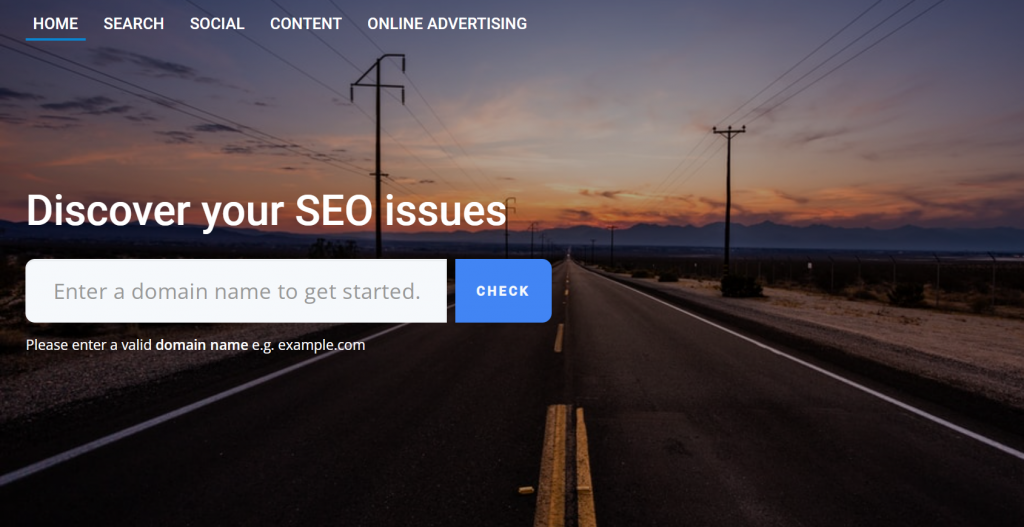
WebsiteSeoStats is a free audit SEO tool used for identifying and optimizing issues related to your website content. They offer unlimited analysis that you can perform on your websites, and all the reports are saved on their servers, so you can access and view them later whenever you want. Not only does this tool give you tips on how to improve the SEO of your websites but it also compares your website performance with your competitors.
How To Analyze Your Site?
The whole process of using this tool is very straightforward; there is not much to be explained. When you go to their page, you will see an input box in the center where you need to write the URL of the website that you want to analyze. After that, just press the “Review” button and let the tool do the analysis.
When the tool is finished with scanning, you will get a results page with tons of data and information about the potential SEO issues your website has. On top of the page, you will see the URL of your website, SEO score, whether it passed the test or not, how many errors and needed improvements it has. Below it, you can see a bunch of buttons, such as downloading the report, comparing your website with other websites, and sharing the test results on your social media.
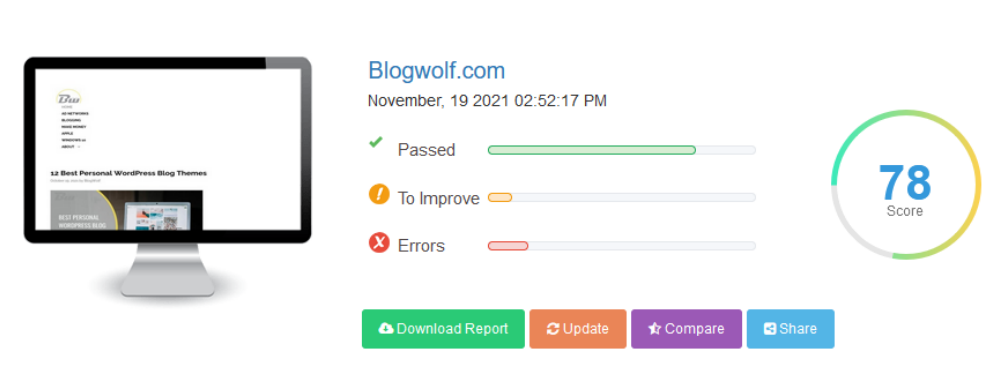
Every category of the analysis gives you hints on how to improve that part of your website. If you need those hints, just click on the category and it will expand and provide extra info. I will not cover all the categories that this SEO tool covers because there are plenty of them, and it would take a lot of time to go through everything. However, I will cover the most important ones and explain how they work.
SEO Section
This part of the analysis covers everything SEO-related and how you can improve it on your website. It explains why a title tag is important for SEO, what it should contain and how long it should be. It also explains why every page should have a unique title containing your most important keywords.

Besides the title tag, this section also gives you information about your website’s meta description and meta keywords. Meta descriptions are also a crucial part of SEO, and they should be between 100 and 300 characters long. They control how your web pages will be displayed in search results.
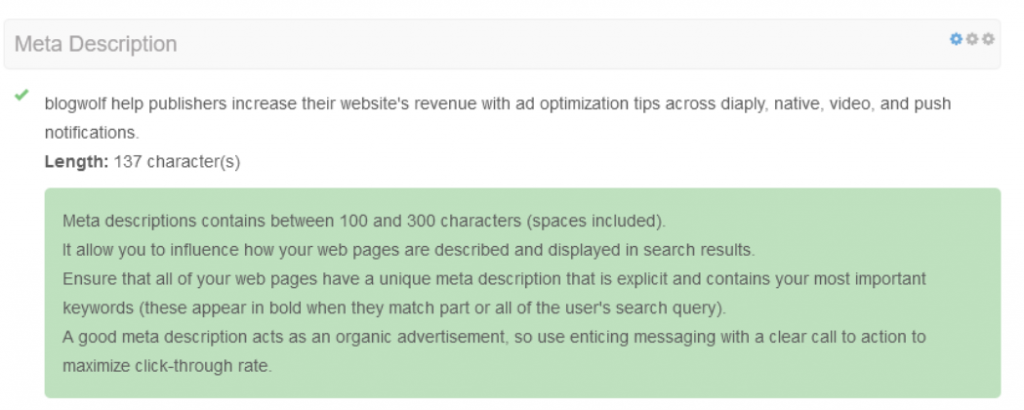
Specifically for image tags, WebsiteSeoStats reports the count of how many “alt” attributes you have included on the web page. It will also warn you if you have forgotten to add an “alt” attribute somewhere on the web page. Using the right keywords to improve your SEO strategy is crucial. This tool will give you insight into the frequency of keywords used on your website, or in other words, what words and how many times they are used on the web page.

For a better and more efficient way for web crawlers to crawl through your website, you should definitely generate an XML Sitemap that will make search engine robots crawl your website more intelligently. Thus, this tool notifies you whether you have generated the sitemap for your website or not.
If you need information about your domain name and WHOIS data, you can simply check it using this tool. There’s also a section containing all of the relevant information pertaining to your domain, such as its age, the creation date, expiry date, etc.

This tool will also show you the number of pages that robots managed to index and find. If you get a pretty low number of pages, it means either you have problems with website architecture and internal linking or something is preventing bots from efficiently crawling and indexing your website. Backlinks are, besides keywords, a key part of SEO, this section of the analysis also shows you the number of backlinks you have on your website, which is a good way to give you an idea of whether you should add more backlinks or improve the quality of the existing ones.
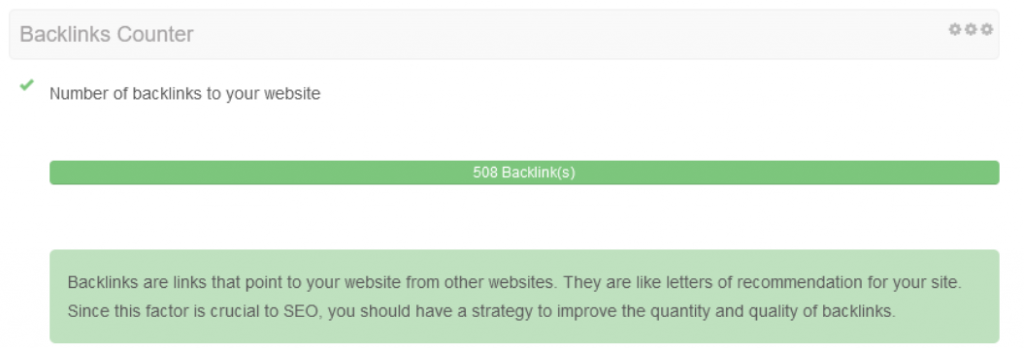
Usability Section
In this category, you can get reports about the speed of your website on desktops with a score from 0 to 100. Speed is very important, and if your website is slow, nobody will use it. But next to just informing you about desktop speed, this tool also analyses mobile speed to ensure your website is fully responsive.
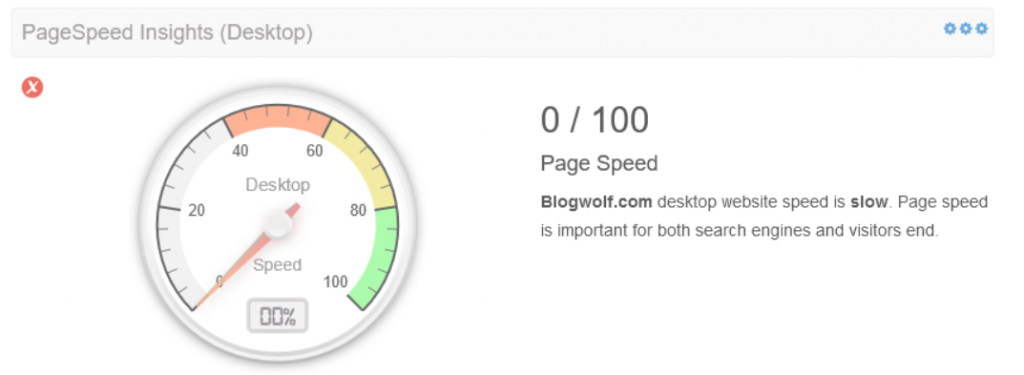
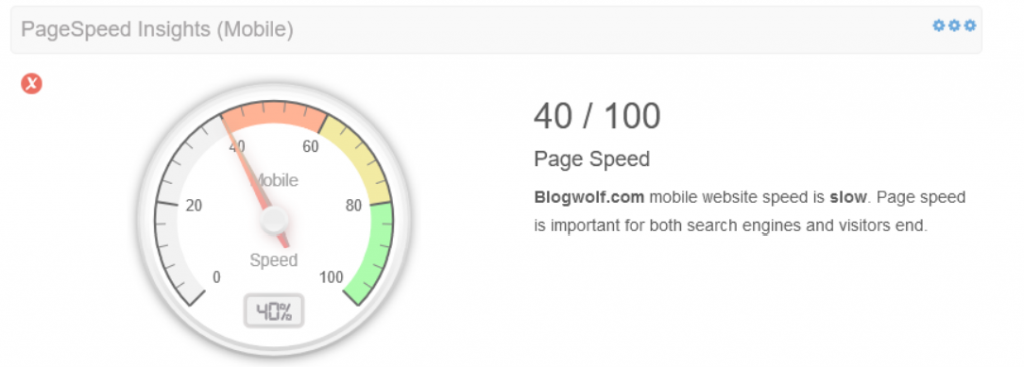
Wrapping Up
SEO is vital when building a website, and if yours isn’t progressing as fast as you had hoped, we suggest an SEO audit! Head over to the website, see where the problem is, and create a strategy to fix it. It’s completely free, so there’s no reason not to.

